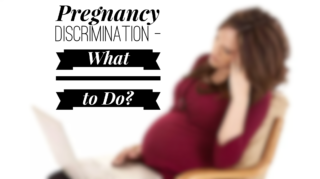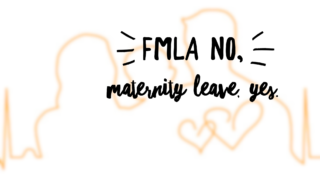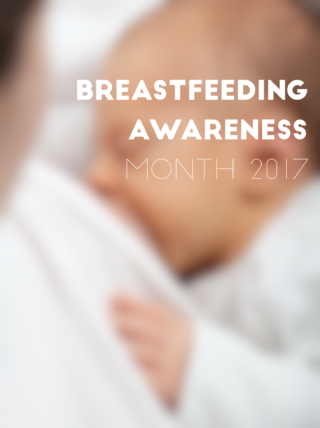Lactation and Work: Your Rights
if your company has at least 50 employees, you are covered for up to a year after your baby is born, you are permitted, and they are required to create, make this space for you to express milk and continue lactating during working hours. Unpaid time, but they can’t discriminate and they must permit you to do so. If your employer does not have 50 employees, approximately half of the states in the United States have their own lactation laws such as in New York, and Connecticut, where I practice law – both of those laws go farther than the federal law in protecting women who are lactating.




